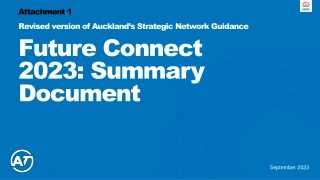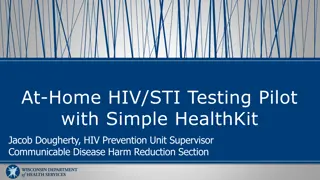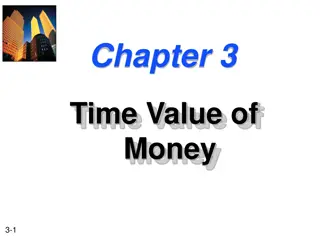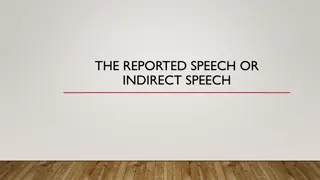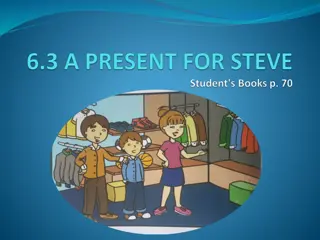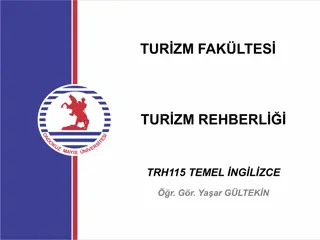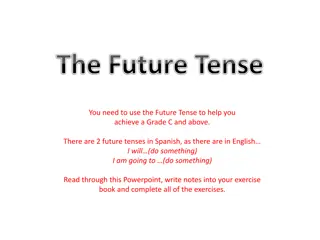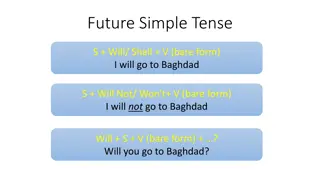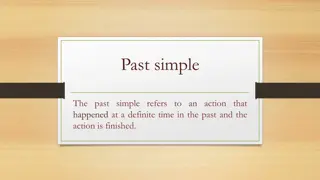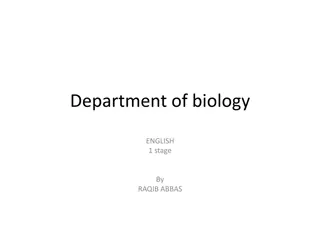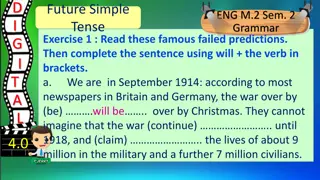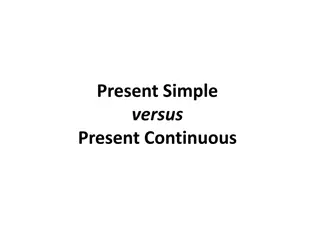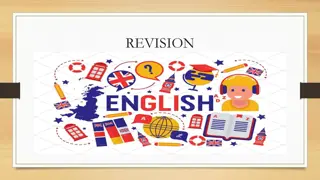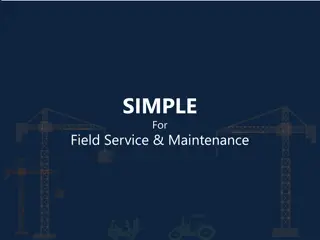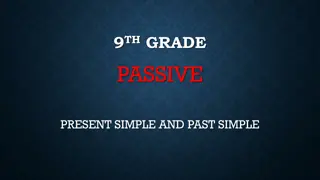
Future Tense in English Grammar
Learn about using "will" and "be going to" in English to express different future actions, predictions, promises, and decisions. Explore positive and negative forms, question forms, and examples to enhance your understanding of future tense.
Download Presentation

Please find below an Image/Link to download the presentation.
The content on the website is provided AS IS for your information and personal use only. It may not be sold, licensed, or shared on other websites without obtaining consent from the author. If you encounter any issues during the download, it is possible that the publisher has removed the file from their server.
You are allowed to download the files provided on this website for personal or commercial use, subject to the condition that they are used lawfully. All files are the property of their respective owners.
The content on the website is provided AS IS for your information and personal use only. It may not be sold, licensed, or shared on other websites without obtaining consent from the author.
E N D
Presentation Transcript
I will help you. She will call me when I arrive. will + V1 He is going to spend his vacation in London. They are going to work next week. I m going to be an actor when I grow up. be going to + V1
We use will" to express a voluntary action A: I m really hungry. B: I will make some sandwiches. We use will" to express a promise I promise I will not tell him about the surprise party We use will to express a spontaneous decision (the action is decided at the moment of speaking) A: The phone is ringing. B: I will answer.
We use be going to to talk about prior plans, strong intentions, or fixed arrangements I am going to buy a new car next year. We use both will or be going to to predict future events. The weather tomorrow will be sunny. You are going to be a famous artist. Note: we use be going to (not will ) to make predictions about events when there is a concrete evidence. Look at those dark clouds in the sky. It is going to rain soon.
tomorrow I'll go to the market tomorrow. Don t worry. He will be here soon. soon There will be another meeting next month. next week / year in five minutes/ in two hours I will return in two hours. later today I will finish my report later today.
Positive Form Rest of the sentence. V1 will I m sure he will succeed on the test. Negative Form will not Rest of the sentence. Subject V1 won t He will not do it again.
Question Form Yes / No Question: Rest of the sentence V 1 ? Will subject Will he come to visit us tomorrow? Wh Non- Subject Question: Rest of the sentence? Wh-word will subject V1 Where will you study when you finish school? Wh Subject Question: Rest of the sentence? Who/ What V1 will Who will come to help him?
Positive Form am I he, she, it we, they, you going to do something. is are He is going to spend his vacation in Eilat. Negative Form I am to do something. he, she, it is not going we, they, you are Sarah isn t going to visit her aunt on Friday.
Question Form Yes / No Question: Am Is Are going to do something? subject Are you going to be a teacher? Wh Non- Subject Question: to do something? Wh-word am, is, are subject going Where are you going to spend your weekend? Wh Subject Question: to do (something)? going is Who/What Who is going to speak at the lesson?
Do the following exercises and check your answers: Ex. 1 Ex. 2 Ex. 3 If you are sure that you have understood the material pretty well, you can continue with the quizzes. Quiz 1 Quiz 2 Quiz 3 Quiz 4

